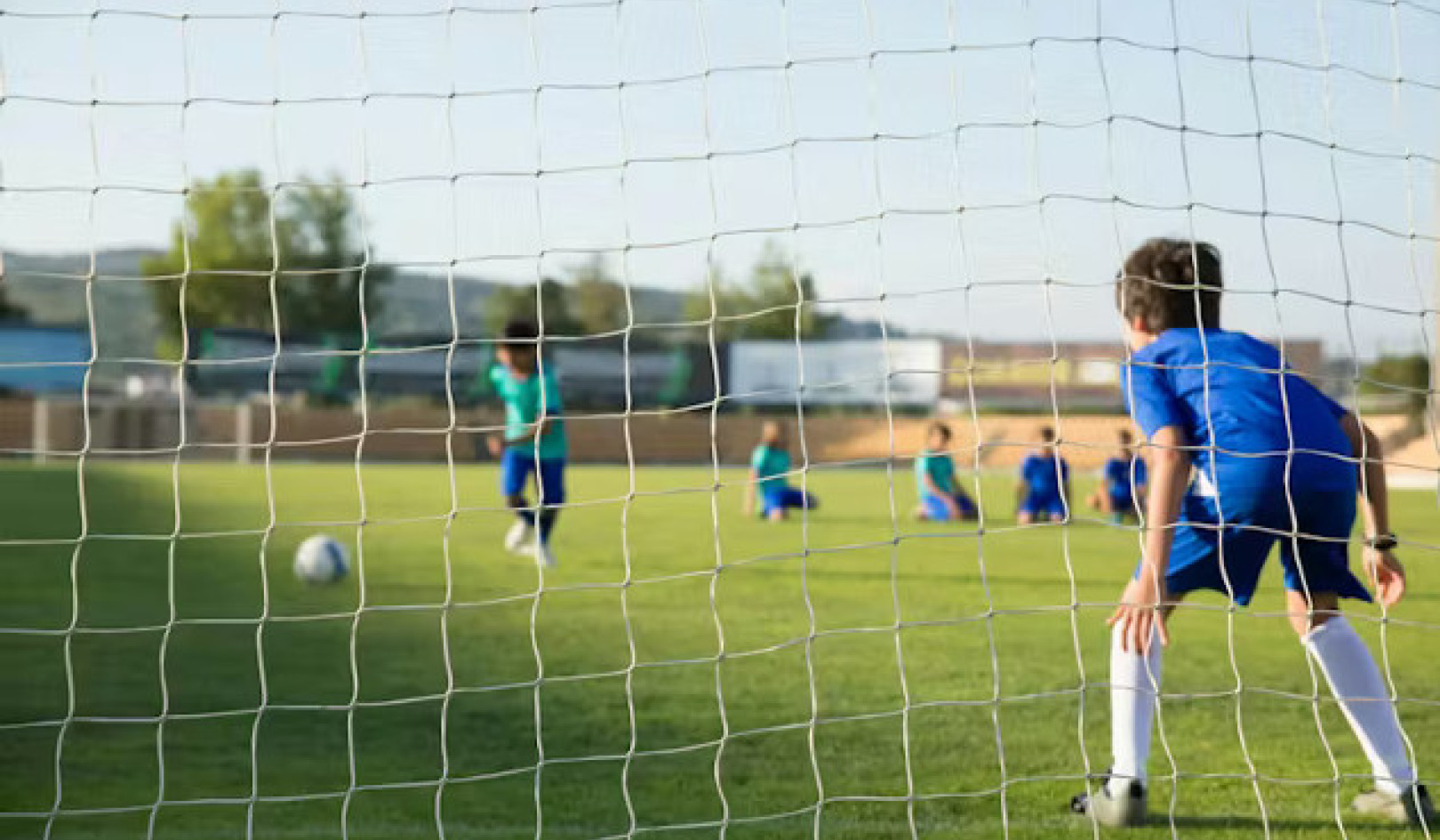 People who think they are superior have no qualms about attacking those they regard as inferior. Sigrid Olsson/PhotoAlto Agency RF Collections via Getty Images
People who think they are superior have no qualms about attacking those they regard as inferior. Sigrid Olsson/PhotoAlto Agency RF Collections via Getty Images
We recently reviewed 437 studies of narcissism and aggression involving a total of over 123,000 participants and found narcissism is related to a 21% increase in aggression and an 18% increase in violence.
Narcissism is defined as “entitled self-importance.” The term narcissism comes from the mythical Greek character Narcissus, who fell in love with his own image reflected in still water. Aggression is defined as any behavior intended to harm another person who does not want to be harmed, whereas violence is defined as aggression that involves extreme physical harm such as injury or death.
Our review found that individuals high in narcissism are especially aggressive when provoked, but are also aggressive when they aren’t provoked. Study participants with high levels of narcissism showed high levels of physical aggression, verbal aggression, spreading gossip, bullying others and even displacing aggression against innocent bystanders. They attacked in both a hotheaded and coldblooded manner. Narcissism was related to aggression in males and females of all ages from both Western and Eastern countries.
People who think they are superior seem to have no qualms about attacking others whom they regard as inferior.
Why it matters
Research shows everyone has some level of narcissism, but some people have higher levels than others. The higher the level of narcissism, the higher the level of aggression.
 A dark side to selfies? CREATISTA/iStock via Getty Images Plus
A dark side to selfies? CREATISTA/iStock via Getty Images Plus
People high in narcissism tend to be bad relationship partners, and they also tend to discriminate against others and to be low in empathy.
Unfortunately, narcissism is on the rise, and social media might be a contributing factor. Recent research found people who posted large numbers of selfies on social media developed a 25% rise in narcissistic traits over a four-month period. A 2019 survey by the smartphone company Honor found that 85% of people are taking more pictures of themselves than ever before. In recent years, social media has largely evolved from keeping in touch with others to flaunting for attention.
What other research is being done
One very important line of work investigates how people become narcissistic in the first place. For example, one study found that when parents overvalue, overestimate and overpraise their child’s qualities, their child tends to become more narcissistic over time. Such parents think their child is more special and entitled than other children. This study also found that if parents want their child to have healthy self-esteem instead of unhealthy narcissism, they should give unconditional warmth and love to their child.
Our review looked at the link between narcissism and aggression at the individual level. But the link also exists at the group level. Research has found that “collective narcissism” – or “my group is superior to your group” – is related to intergroup aggression, especially when one’s in-group (“us”) is threatened by an out-group (“them”).
How we do our work
Our study, called a meta-analytic review, combined data from multiple studies investigating the same topic to develop a conclusion that is statistically stronger because of the increased number of participants. A meta-analytic review can reveal patterns that aren’t obvious in any one study. It is like looking at the entire forest rather than at the individual trees.
About The Authors
Brad Bushman, Professor of Communication and Psychology, The Ohio State University and Sophie Kjaervik, PhD Student in Communication, The Ohio State University
This article is republished from The Conversation under a Creative Commons license. Read the original article.
Related Books:
The Narcissist Next Door: Understanding the Monster in Your Family, in Your Office, in Your Bed-in Your World
by Jeffrey Kluger
In this provocative book, bestselling author and science writer Jeffrey Kluger explores the fascinating world of narcissism, from the everyday to the extreme. He offers insight into the narcissistic personality and how to deal with the narcissists in our lives. ISBN-10: 1594633918
Click for more info or to order
The Covert Passive-Aggressive Narcissist: Recognizing the Traits and Finding Healing After Hidden Emotional and Psychological Abuse
by Debbie Mirza
In this insightful book, psychotherapist and author Debbie Mirza delves into the world of covert narcissism, a hidden form of emotional and psychological abuse. She offers practical strategies for recognizing the traits of covert narcissism and finding healing from its effects. ISBN-10: 1521937639
Click for more info or to order
The Narcissistic Family: Diagnosis and Treatment
by Stephanie Donaldson-Pressman and Robert M. Pressman
In this seminal work, family therapists Stephanie Donaldson-Pressman and Robert M. Pressman explore the dynamics of the narcissistic family, a dysfunctional system that perpetuates narcissism across generations. They offer practical advice for diagnosing and treating the effects of narcissism in families. ISBN-10: 0787908703
Click for more info or to order
The Wizard of Oz and Other Narcissists: Coping with the One-Way Relationship in Work, Love, and Family
by Eleanor Payson
In this enlightening book, psychotherapist Eleanor Payson explores the world of narcissism in relationships, from the everyday to the extreme. She offers practical strategies for coping with the one-way relationship and finding healing from its effects. ISBN-10: 0972072837
























